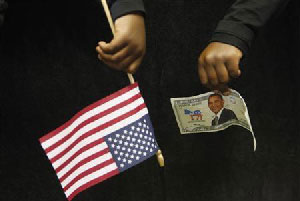25 May 2012 - {{hitsCtrl.values.hits}}
 Most Americans, no matter what their political party, believe there is too much money in politics and reject the idea that people should be allowed to spend what they want, a Reuters/Ipsos poll showed on Thursday.
Most Americans, no matter what their political party, believe there is too much money in politics and reject the idea that people should be allowed to spend what they want, a Reuters/Ipsos poll showed on Thursday.
10 Jan 2025 28 minute ago
10 Jan 2025 2 hours ago
10 Jan 2025 2 hours ago
10 Jan 2025 4 hours ago
10 Jan 2025 4 hours ago